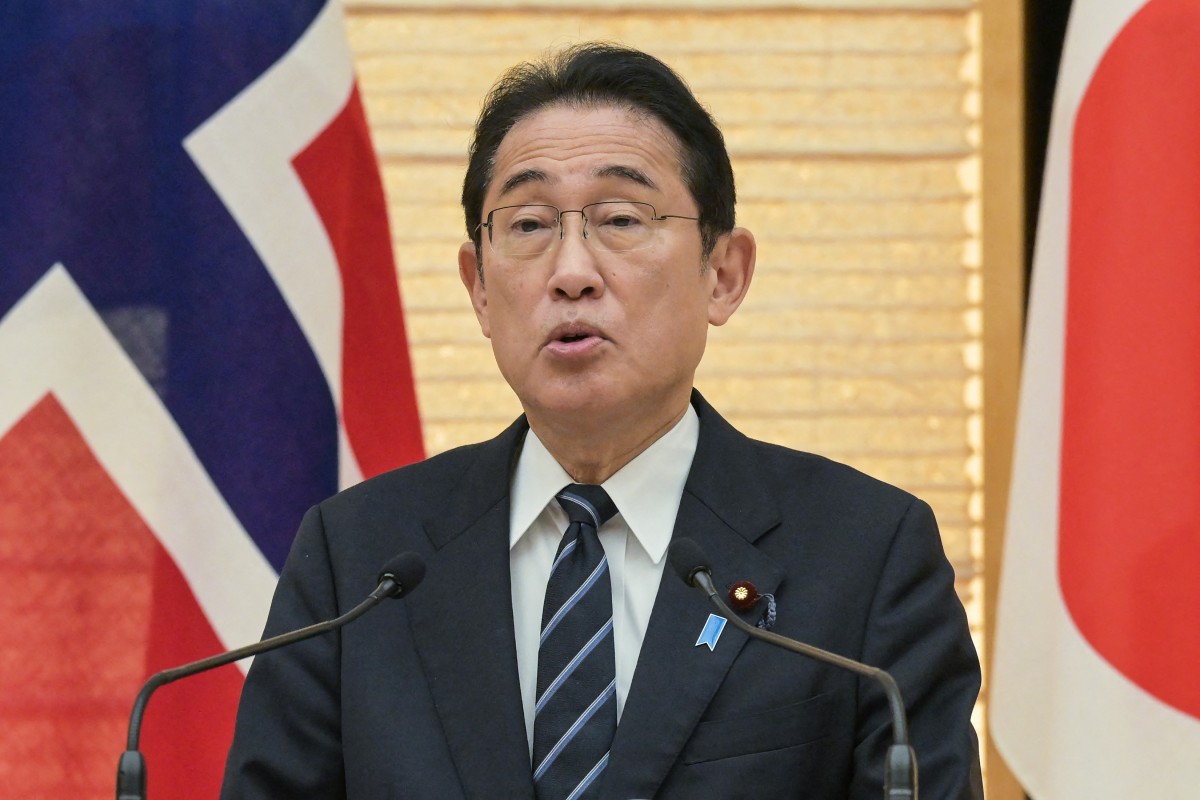
Japan Prime Minister Fumio Kishida said on Saturday, taking the total amount of quake relief to $1.7 billion.
The magnitude-7.5 earthquake and its aftershocks devastated parts of the Ishikawa region on the Sea of Japan coast, toppling buildings, ripping up roads and sparking a major fire.
So far 241 people were confirmed to have been killed by the disaster, with more than 10,000 people taking refuge at shelters and hotels, and water still cut off in some parts of Ishikawa.
The new financial aid was announced by Prime Minister Fumio Kishida on Saturday as he visited the quake-hit areas to assess the situation.
“The living conditions at temporary shelters are improving, but I will bear in mind that the reality remains as tough as ever”, Kishida told reporters in the hardest-hit city of Wajima.
The inspection “renewed the government’s determination to work toward providing more support”, he said.
Kishida said the additional spending of around 100 billion yen ($660 million) from the current fiscal year’s reserve funds — used for disaster relief and other contingencies — is set to be approved by his Cabinet in the coming days.
This will mark the third allocation of the emergency funds to efforts to recover from the New Year’s Day quake, with the amount now expected to total over 260 billion yen ($1.7 billion).
The latest funds are designed in part to finance a subsidy system that seeks to help young and child-rearing families rebuild their destroyed homes, Kishida said.
The prime minister added efforts would be sped up to construct prefabricated temporary housing, while vowing more support for Wajima’s traditional artifact industry known for exquisite lacquerware.
Damage from the quake in Ishikawa and two neighbouring regions is likely to cost between 1.1 trillion yen ($7.4 billion) and 2.6 trillion yen ($17.6 billion), according to a government estimate as of last month.
But even the top estimate is much less than the 16.9 trillion yen damage caused by the 2011 earthquake and tsunami in northeastern Japan.
That disaster left around 18,500 people dead or missing and triggered a meltdown at the Fukushima atomic plant, the world’s worst nuclear accident since Chernobyl.
AFP





